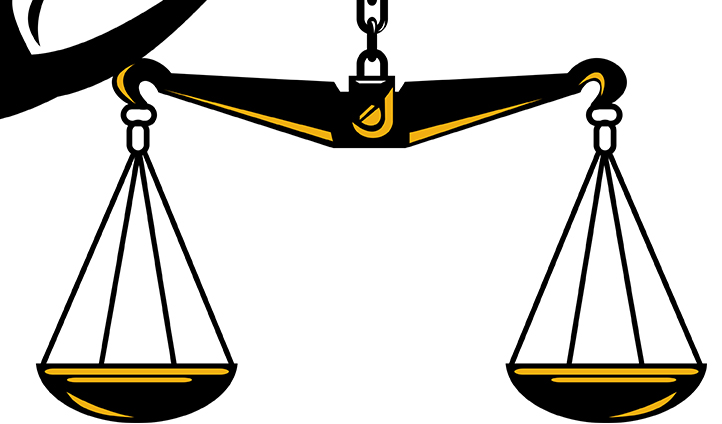Menu
Hot-Topics
February 19, 2026 | SCOTUS Reaffirms Fourth Amendment Standard for Police Responding to Household Emergencies
Month: March 2019

Garza v Idaho Clarifies Ineffective Assistance of Counsel
In Garza v Idaho, 586 U. S. ____ (2019), the U.S. Supreme Court held that the presumption of prejudice for Sixth Amendment purposes recognized in Roe v. Flores-Ortega applies regardless of whether a defendant has signed an appeal waiver. The case w...

State Redistricting Under Gaffney v Cummings
In Gaffney v Cummings, 412 U.S. 735 (1973), the U.S. Supreme Court held that exact equality between districts was not required for state redistricting as it is for Congressional districts. The Court further held that “political fairness” could j...

SCOTUS Clarifies Immunity for International Organizations in Jam v International Finance Corp
In Jam v International Finance Corp, 586 U. S. ____ (2019), the U.S. Supreme Court held that the International Organizations Immunities Act of 1945 affords international organizations the same immunity from suit that foreign governments enjoy today ...

Redistricting Commission Doesn’t Violate Constitution’s Election Clause
In Arizona State Legislature v Arizona Independent Redistricting Commission, 576 U.S. ___ (2015), the U.S. Supreme Court held that establishing an independent redistricting commission for congressional districts via ballot initiative did not ru...

Supreme Court to Take on Controversial Census Dispute in Department of Commerce v New York
The U.S. Supreme Court has agreed to hear oral arguments in Department of Commerce v New York, which involves whether the 2020 decennial census questionnaire can include a question requesting citizenship information. The justices are expected to ren...

Madison v Alabama – Death Penalty and Dementia
In Madison v Alabama, 586 U. S. ____ (2019), the U.S. Supreme Court held that the Eighth Amendment may permit executing a prisoner even if he cannot remember committing his crime. However, it may prohibit executing a prisoner even though he suffers ...
Previous Articles
SCOTUS Decision in Bowe v. United States Is First of the 2026 Term
by DONALD SCARINCI on February 5, 2026
In Bowe v. United States, 607 U.S. ___ (2026), the U.S. Supreme Court held that Title 28 U.S.C. § ...
SCOTUS Rules State Can’t Immunize Parties from Federal Civil Liability
by DONALD SCARINCI on January 29, 2026
In John Doe v. Dynamic Physical Therapy, LLC, 607 U.S. ____ (2025) the U.S. Supreme Court held that...
Supreme Court to Address Racial Discrimination in Jury Selection
by DONALD SCARINCI onWhile the U.S. Supreme Court has concluded oral arguments for the year, it continues to add cases t...
The Amendments
-
Amendment1
- Establishment ClauseFree Exercise Clause
- Freedom of Speech
- Freedoms of Press
- Freedom of Assembly, and Petitition
-
Amendment2
- The Right to Bear Arms
-
Amendment4
- Unreasonable Searches and Seizures
-
Amendment5
- Due Process
- Eminent Domain
- Rights of Criminal Defendants
Preamble to the Bill of Rights
Congress of the United States begun and held at the City of New-York, on Wednesday the fourth of March, one thousand seven hundred and eighty nine.
THE Conventions of a number of the States, having at the time of their adopting the Constitution, expressed a desire, in order to prevent misconstruction or abuse of its powers, that further declaratory and restrictive clauses should be added: And as extending the ground of public confidence in the Government, will best ensure the beneficent ends of its institution.
Awards





